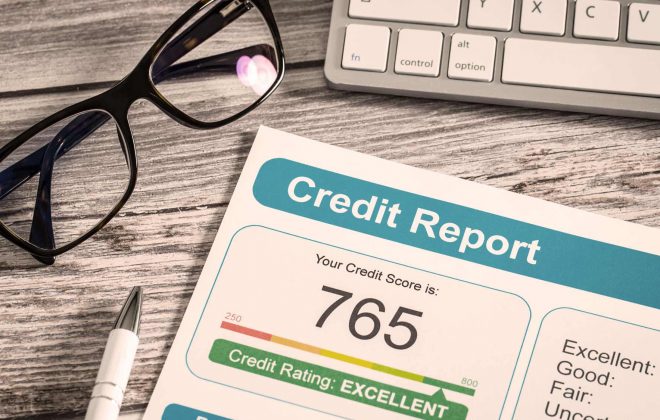It’s illegal for credit bureaus to hold this information on you
A credit bureau report (which BTW is free once a year) is important for consumers to access because it might contain negative information which could influence interest rates charged against a credit agreement. That’s just a little credit jargon for ‘You might have problems applying for a loan if your credit report is looking shot’.
What most people don’t realise is that landlords often check credit bureaus’ reports before entering into a lease agreement, and employers, who are considering a candidate for employment in a position that requires a degree of honesty (dealing with cash or finances) may also require a credit report from a prospective job hopeful.
What type of information is held by a credit bureau?
That’s a good question. In terms of the National Credit Act (and supporting regulations), a credit report refers to:
- The consumer’s payment profile (which is your payment history)
- Plus any adverse information on a credit profile held by a credit bureau (black marks)
The report itself contains:
- Your credit score
- Personal information such as your ID number, full name, addresses
- Information on how well you are paying your accounts
- Public information such as defaults and court orders
- Enquiries that have been made on the consumer by credit providers
Now, that is the information that a credit bureau can hold on you. What type of information CANNOT be held by a bureau?
The good news is that personal information held by a credit bureau is regulated by the National Credit Act (which is in place to protect the consumer).
Regulation 18 (3) determines that the following information cannot be held by a bureau:
- Your race
- Your political affiliation
- Your medical status or history
- Your religion
- Sexual orientation
- Membership of a trade union
Over and above that, credit bureaus have retention periods on the information they hold on you. Most South Africans believe that if they’ve been “blacklisted”, that mark stays as a blemish against their profile indefinitely. That’s not the case.
Let’s have a closer look at those retention periods. The first thing you need to know is that the Act has defined 11 types of consumer credit information that can be held by credit bureaus and each one has a maximum retention period.
| Categories of Consumer Credit Info | Maximum Period |
| Consumer complaints | 6 months |
| Enquiries made against your profile | 1 year |
| Factual info on your payment profile | 5 years |
| Enforcement actions (legal actions) | 1 year |
| Adverse consumer behaviour (slow payer) | 1 year |
| Debt restructuring (legal action) | As per the Act |
| Civil Court judgements | 5 years |
| Maintenance judgements | Until the judgement is rescinded |
| Rehabilitation order | 5 Years |
| Administration order | 5 Years |
| Sequestration order | 5 years |
NB: Listings may only be submitted to the credit bureaus when:
- The consumer has been in arrears for 3 consecutive billing cycles
- The consumer has been notified with 20 business days’ notice
- No listings may be submitted if the payment is received or if the consumer disputes liability during the notice period
- No listings on the prescribed debt (old debt) may be submitted
We urge you to get a free copy of your credit report. A clean credit profile is going to help the day you are looking for a job, applying for a loan or perhaps renting an apartment.
Until next time.
The Moneyshop Team
MoneyShop





